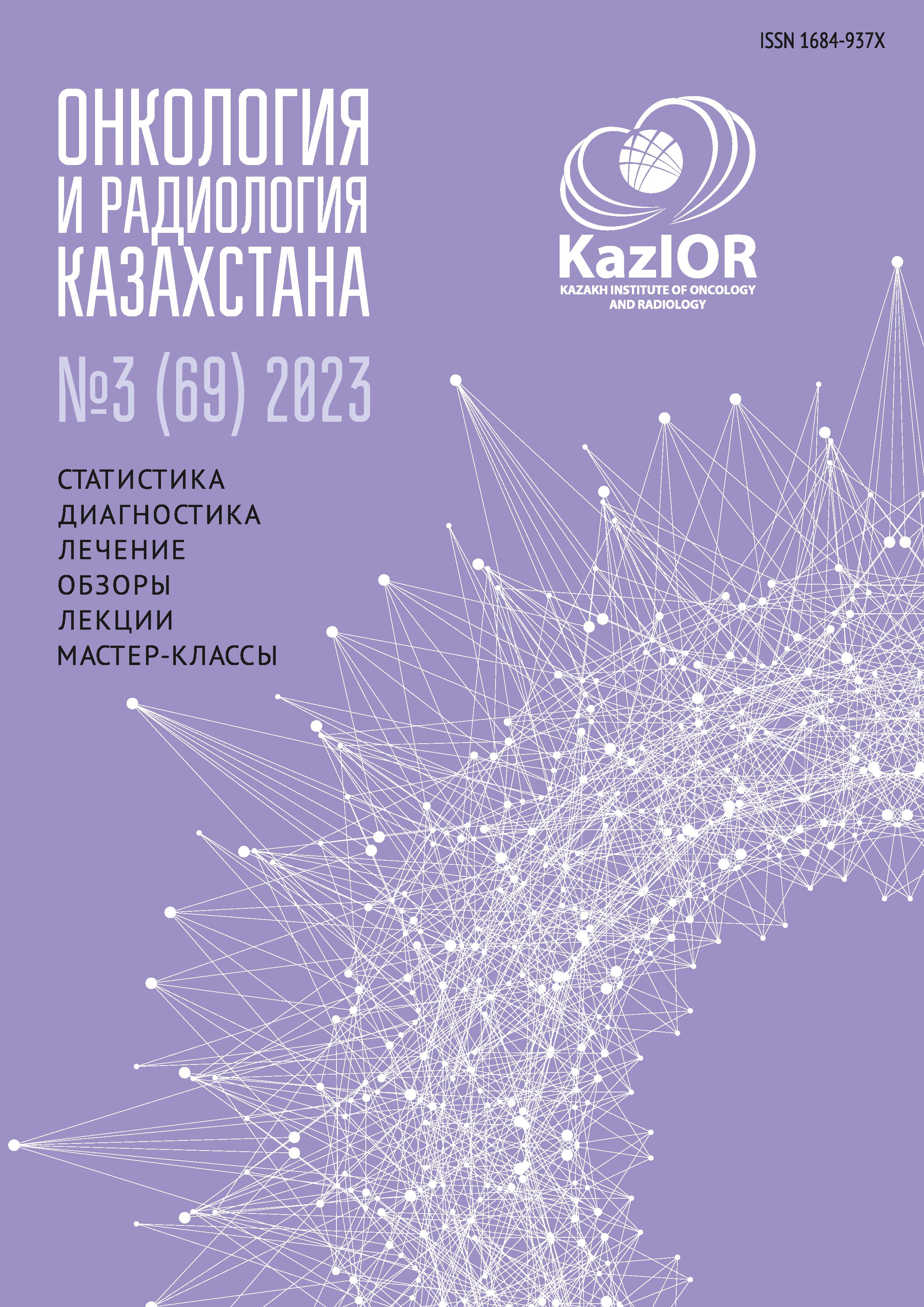Preliminary results of pressurized intraperitoneal aerosol chemotherapy (PIPAC) for ovarian cancer with peritoneal metastases in Tajikistan
DOI:
https://doi.org/10.52532/2521-6414-2023-3-69-59-64Keywords:
Pressurized IntraPeritoneal Aerosol Chemotherapy (PIPAC), ovarian cancer, peritoneal carcinomatosisAbstract
Relevance: Ovarian cancer is the most aggressive form among all nosologies of the female reproductive system. More than 75% of women are diagnosed at advanced stages, and about 60% have metastases to other organs at diagnosis. Systemic chemotherapy has a limited effect on the peritoneum and a high incidence of side effects. There is a need for more effective approaches to prolong survival and preserve quality of life by reducing disease symptoms and treatment side effects, especially in countries with limited health resources.
The study aimed to evaluate the preliminary results of using pressurized intraperitoneal aerosol chemotherapy (PIPAC) in patients with ovarian cancer with peritoneal metastases.
Methods: 18 women with disease stage T3a-cN0M0 treated at the Republican Cancer Research Center for 2022-2023 were studied. The first group included six patients who underwent cytoreduction + PIPAC at the 1st stage, and the second group (12 women) underwent exploratory laparotomy + biopsy + PIPAC at the 1st stage. Patients in both groups received two courses of chemotherapy followed by a repeat of PIPAC. Taxanes + platinum-containing drugs were used in the PIPAC process - cisplatin or carboplatin with doxorubicin. Each patient received 2 PIPAC sessions and 4 to 6 chemotherapy courses with cytoreductive surgery. All patients underwent laparoscopic control with a reassessment of the Peritoneal Carcinomatosis Index (PCI) by Sugarbaker (2010) and repeated biopsy of the peritoneum.
Results: The use of cytoreductive surgery + PIPAC at the first stage made it possible to level the symptoms of peritoneal carcinomatosis, to achieve a complete radiological response in 12 (67%) cases, a complete morphological response in the form of complete regression in 44%, a moderate response in 39% of cases.
Conclusion: The use of PIPAC with a cytoreductive component at the first stage of combined treatment of ovarian cancer with peritoneal metastases improves immediate results and patient’s quality of life and reduces the hospital stay. The research is ongoing.

